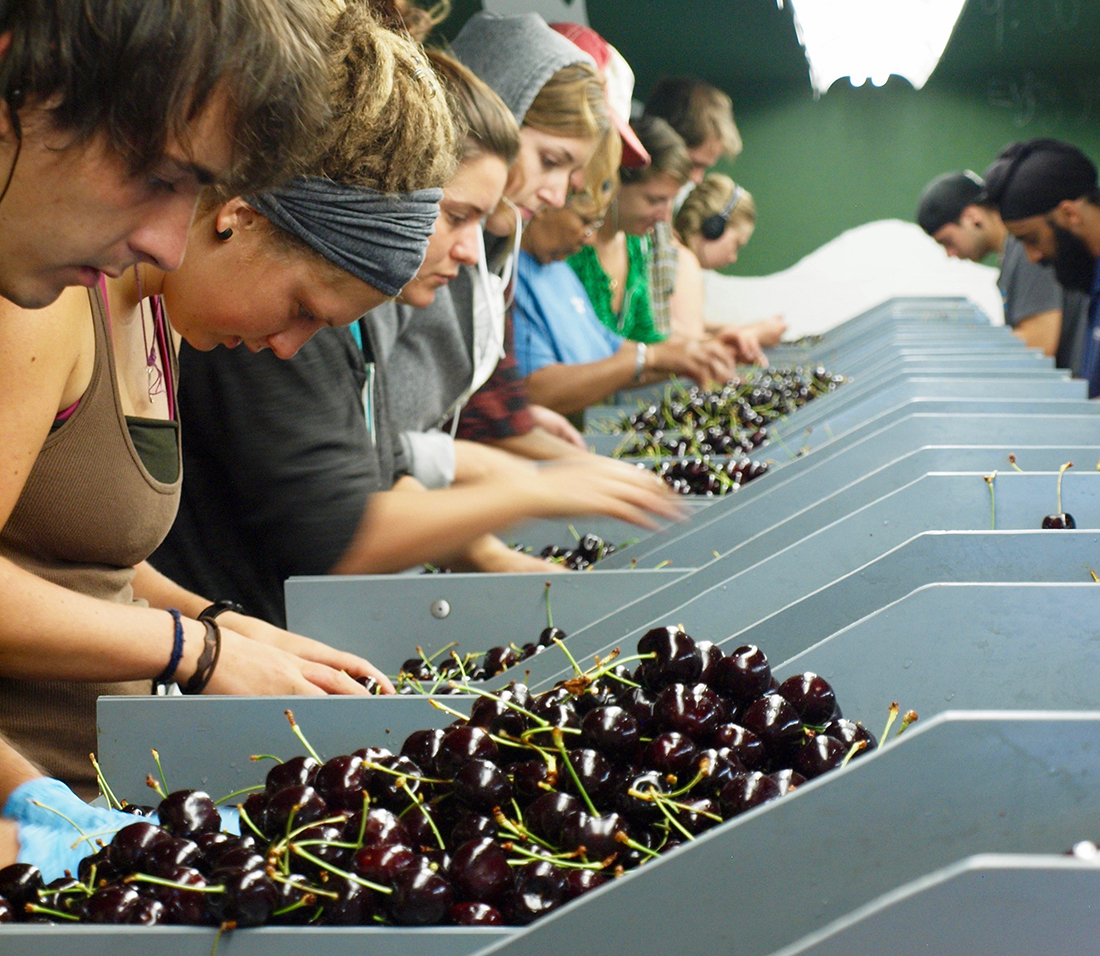BC cherry growers took a beating on price last season as cheap California and Washington fruit flooded the market.
But whether or not the industry seeks an anti-dumping order is up in the air, with greater investment in domestic marketing possibly yielding greater benefits.
“Prices really crashed last July,” explains BC Fruit Growers Association general manager Glen Lucas. “We suspect that American fruit was being sold into Canada for less than our cost of production, which is against trade regulations.”
Part of the problem was a blast of heat in May that accelerated crop development and meant California, Washington and BC were all bringing fruit at the same time. California’s crop put pressure on Washington growers, who couldn’t find a home for all their fruit, and BC was a convenient destination.
BCFGA and the BC Cherry Association are considering an anti-dumping claim to prevent the situation from repeating itself, but the process takes time and is extremely costly.
Reps from the associations met with a lawyer who specializes in trade actions and he agreed to supply them with a proposal.
“It is called an assessment and it would cost $30,000. But even before doing that, you need some sort of plausible commitment to the $1 million eventual cost,” Lucas explains.
The two organizations are consulting their members on the best route forward, proposing three options: doing nothing; waiting to see if the situation repeats itself in 2024; or moving forward with a trade action.
Waiting to see how the next season unfolds may be the best option, Lucas says, noting that the last time a significant overlap in marketing windows occurred was 10 years ago. In the meantime, domestic marketing – a renewed focus of the BC Cherry Association this year – could address demand for BC fruit.
“We saw some positive results from our promotions for consumers to buy local cherries,” Lucas says. “There is more that could be done and it would really improve things in the long run.”


 Hazelnuts are an opportunity for Kootenay growers
Hazelnuts are an opportunity for Kootenay growers